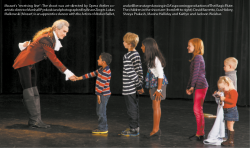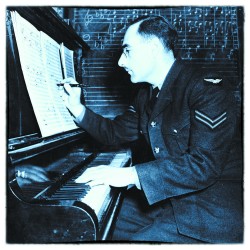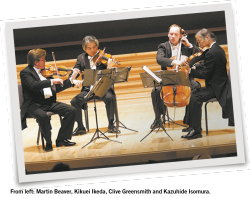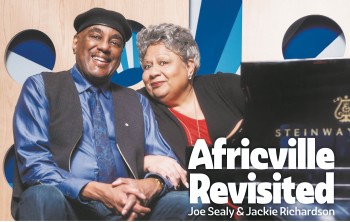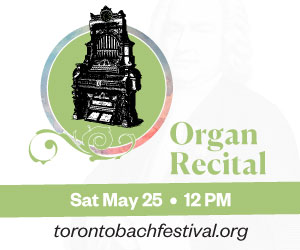SING! at TWO - An A Cappella Q&A with Aaron Jensen
So why is it that a cappella singing feels less intimidating than singing in a choir?
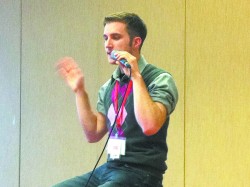 AARON JENSEN, artistic director of SING!:When many people hear the phrase “a cappella” they think Glee — visions of spirited high school students recklessly brandishing “jazz hands” (or the even more saccharine, “spirit fingers”) and belting out triadic auto-tuned harmonies with bravado — but the term has much older roots. “A cappella,” literally meaning “in the manner of the chapel,” refers to all vocal music performed with no instrumental accompaniment. This umbrella term covers the music of countless styles, genres and cultural backgrounds.
AARON JENSEN, artistic director of SING!:When many people hear the phrase “a cappella” they think Glee — visions of spirited high school students recklessly brandishing “jazz hands” (or the even more saccharine, “spirit fingers”) and belting out triadic auto-tuned harmonies with bravado — but the term has much older roots. “A cappella,” literally meaning “in the manner of the chapel,” refers to all vocal music performed with no instrumental accompaniment. This umbrella term covers the music of countless styles, genres and cultural backgrounds.
Even though SING! is an a cappella festival, we’ve branded ourselves as a “vocal arts” festival to best represent this diversity. Under our roof, patrons can hear all manner of a cappella including: classical choral groups, vocal jazzers, gospel choirs, world ensembles, live-looping artists, pop vocal bands, barbershop quartets, collegiate glee-clubbers, vocal improv collectives and even a cappella comedy troupes.
So does a festival like SING! help to bridge the gulf (if there is one) between solo and choral singing? What’s in it for people coming from a more formal (if that’s the right word) choral background? And on the other hand, for bathtub divas what does it say about the potential joys of showering with a few friends?


